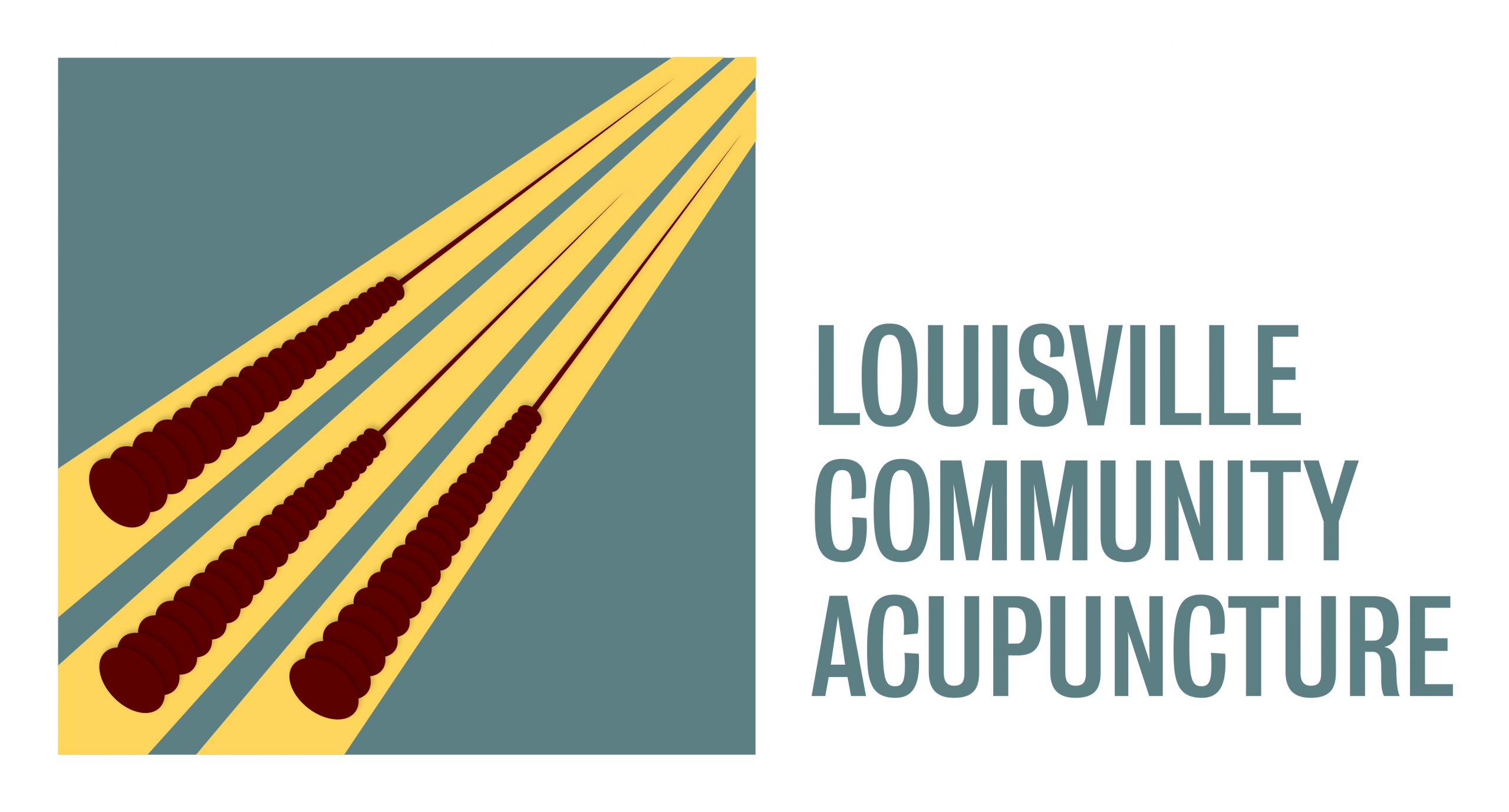Your Participation in Unconditional Love
Love is exponential, it rapidly increases over time. It is the natural order, the vastness of the sky and the filler of the heart. In TCM, it is love that is the source of all. Love created Qi. And Qi helps move blood throughout the body. This month we are examining the history of love in Taoist theory with Lao Tzu, as well as some aspects of neurobiology, and some insights from two new age spiritual leaders, Ram Dass and Jack Kornfield.
Love and Taoism
Taoism is a Chinese philosophical foundation that guided our understanding of Qi in Chinese Medicine. Lao Tzu is considered the primary source of knowledge behind most core principles of Taoism. Within Taoist theory, Lao Tzu wrote of the 5 types of Love – Possessive, Codependent, Romantic, Subjective, and Becoming. The first three types are a pathogenic representations of love while the last two are healthy expressions. Becoming Love is that clandestine feeling that is only expressed within seconds then gone, complete euphoria. But Subjective Love is freely given and received from not just humans but other living things. This is the harmony of our Qi, to love without condition.
Love is the practice of Taoism at its core. Often times in the clinic we are working on balancing our bodies from some kind of ailment, this also includes love, but to be more in depth we balance the physical, energetic and spiritual essence–our harmony of the internal and external self or the Shen, our subjective love.
Researching Love
Today, the research on love is vast, most recently there was an article published about making our technology “care friendly” and within that they have studied the core aspects of love. Some findings include images of an infant brain and the nature versus nurture relationship, this in TCM explains our inherent Qi (the Qi one is born with) and our environmental Qi.
Similarly, The Overview Effect is an in depth analysis on self in relation to the world around us. Astronauts, by viewing the Earth from outer space, have self- transcendent experiences that can only be defined as love for oneself and the universe.
Love in the New Age
Research into altered states of consciousness ultimately presents the importance of maintaining your well being. According to Lao Tzu, the balance of the sacred triad is your well being.
But what does every day maintenance look like? How can someone practice unconditional/subjective love to nourish your well being? Both new age spiritual leaders Jack Kornfield and Ram Dass have led numerous discussions on compassion and unconditional love. Ram Dass encourages us to look at the roles we play everyday. When we acknowledge that it takes all of us to find a certain outcome, choosing to love yourself and love everyone around you aids direction and compassion. Jack Kornfield applies empathy strategies like taking time–just 30 seconds every couple of hours–and take a deep breath, stare out into the world and remind yourself of something you love or that you hold in high regard.
A small exercise
Those simple exercises are only a small dose of the meditation world. Another simple practice that is common in TCM is Qigong, the movement of, or “playing with,” Qi. Since love and Qi are never separate, Sheng Zhen Meditation’s purpose is to learn to love and give love with the practice of Qigong.
For example, sit in an upright position in your chair, open your palms, and have them facing up. Now lay them gently on your lap, open your fingers wide to receive energy, slowly raise your hands up to your chest and slowly turn your hands towards your heart, and close your eyes. Straighten your wrist and hold up your elbows, now quiet your mind and your heart, feel your body full of love and fill it up. The heart is the commander of qi, you have awakened the soul, you are now able to feel. With this holistic training like others, it is now easy to make connections with one another and with yourself. Try the practice for 15 minutes, at least once a day.
Practicing unconditional love everyday can be just as powerful as receiving acupuncture and the rewards are transcending. We can all use this time to care for ourselves and everything around us. With praxis we can build a movement that is freely given and received.
